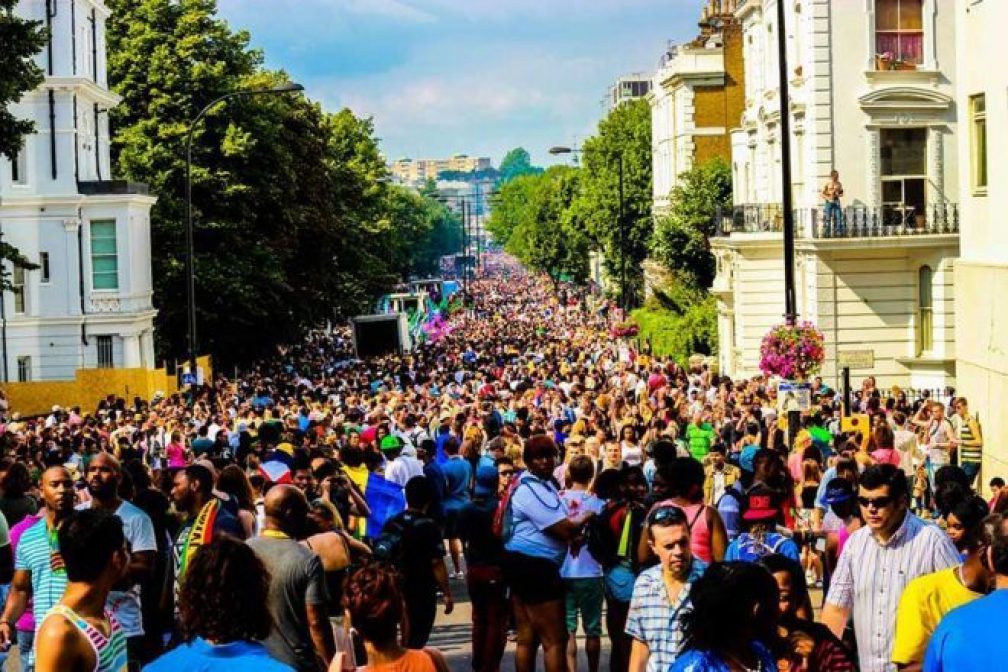Notting Hill Carnival 2023 to celebrate 50 years of soundsystems and Mas Bands
Marking 50 years since it first began, the upcoming Notting Hill Carnival also closely coincides with the 75th Anniversary of Windrush
In just over a month, Notting Hill Carnival returns to the streets of West London for its yearly celebration of Afro-Indo-Caribbean culture — half a century since "Europe's biggest street party" began.
The 2023 edition marks 50 years since Trinidad-born community activist and writer, Leslie “Teacher” Palmer, expanded and developed upon the original structure of Notting Hill Carnival by making it more inclusive of all Caribbean Islands as well as striving to include more British born Black youth.
Prior to Palmers involvement, the Carnival predominantly focused on Trinidadian Carnival culture and practices.
Following a community call out by the North Kensington Amenity Trust, a meeting was held to discuss the upcoming event, with Palmer being one of a handful of people who turned up to help.
Read this next: The forgotten ships off the Windrush Generation
While being heavily involved in the West London arts and culture scene, Palmer had the idea to incorporate more urban Black music and artistic expression into the cultural event once he was appointed as director of the Carnival in 1973. He was able to greatly transform the carnival in the eight short weeks since the original call out.
He is credited with introducing stationary soundsystems as separate from the ones on moving floats, Mas ( short for masquerade) bands, and other elements that were prominent in West Indian carnivals back home, such as food stalls offering traditional Caribbean cuisine and memorabilia.
Read this next: How UK Cultural Institutions are celebrating and archiving the lives of the Windrush generation
According to oral historian and educator Alex Pascal, in the book Carnival: A Photographic and Testimonial History (p.100), the introduction of such elements “created a bridge between the [three] cultures of carnival, reggae and calypso”.
Historian Tom Vague also noted in his 2009 book, 50 Years of Carnival, that: “Under the administration of Leslie Palmer, the Notting Hill Peoples’ Carnival was transformed into an urban festival of black music, incorporating all aspects of Trinidad’s Carnival.
"Getting sponsorship, recruiting more steel bands, reggae groups and sound systems, introducing generators and extending the route. Attendance increased from 3,000 at the beginning of the ’70s to 30–50,000.”
This year's celebration mark an exciting coincidence between Carnival's development in this way and the 75th anniversary of the Windrush Generation arriving in their thousands upon the British Coastline, and the huge contributions made by them and their descendants.
Tiffany Ibe is Mixmag's Digital Intern, follow her on Instagram

